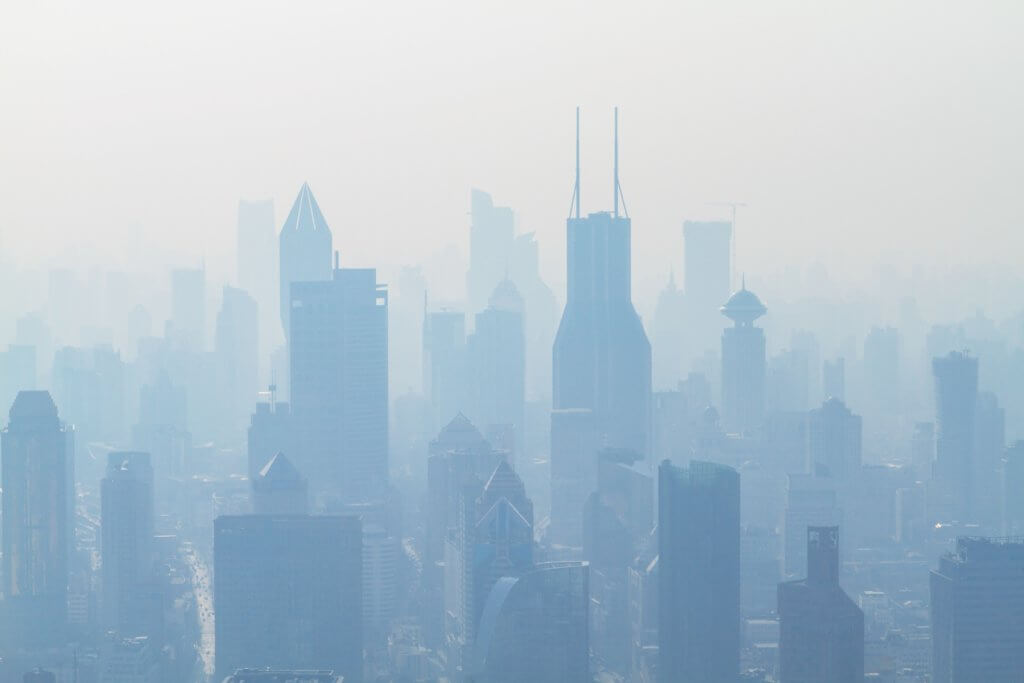Air pollution is a health hazard for all, but children exposed to it before puberty have a high risk of neurological changes. The warning comes following an alarming new study from the Barcelona Institute For Global Health.
Scientists also report that the first years of life are the most prone to the negative effects of air pollution.
“We already know that children are particularly vulnerable to the effect of these exposures, because of their immature metabolism and developing brain,” says Mónica Guxensmm an ISGlobal researcher and senior author of the study in a statement. Her previous work found that traffic-related air pollution during childhood is connected to structural changes in the brain.
The team used MRI scans to study the brains of 2,197 children who are often exposed to air pollution or traffic noise. “The use of MRI has opened up new possibilities in epidemiological research for investigating the structure and the functioning of the brain,” says Guxens. The children are part of the Generation R study and were born between April 2002 and January 2006 living in the Netherlands.
The researchers tested the level of air pollution in people’s homes, specifically the nitrogen oxide levels and particulate matter using land models. The models’ estimated air pollution during pregnancy, when the children were born up to when they were 3, from 3 to 6 years of age, and 6 years to when the MRI scan was completed.
To estimate noise exposure from traffic, the team used noise maps. Children tested for noise pollution were 9 to 12 years old and had an MRI scan when no noise was present (in the resting state).
Children with high exposure to nitrogen dioxide and PM2.5 absorbance — a way of measuring how much black carbon particles are in the air — from birth to 3 years old and nitrogen oxide from 3 to 6 years old had greater functional brain connectivity in multiple brain regions before puberty.
The brain regions with strong connections to each other have two opposite functions. When in a passive state, the brain activates the task-negative network where you’re more prone to mind-wandering and not paying attention. When you have to actively pay attention, the task-positive network activates cognitive processes involved in short-term memory and focus.
“We still have to understand the consequences of this increased activity of both networks in resting conditions, but for now we can say that the brain connectivity in children exposed to higher levels of air pollution is different from what we would expect,” says Laura Pérez-Crespo, first author of the study.
Of all the age groups, birth to 3 years old had the highest susceptibility to air pollution. Black carbon, which also comes from gas-powered vehicles, was most involved in changes that rewired the brain. Noise exposure at home did not lead to any significant changes in brain connectivity.
The study is published in the journal Environment International.












